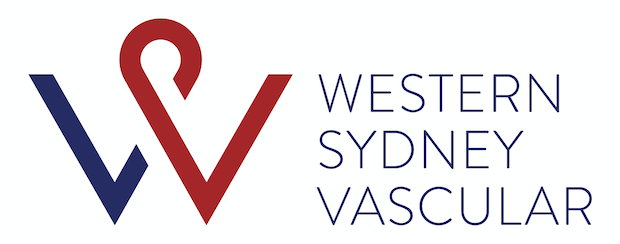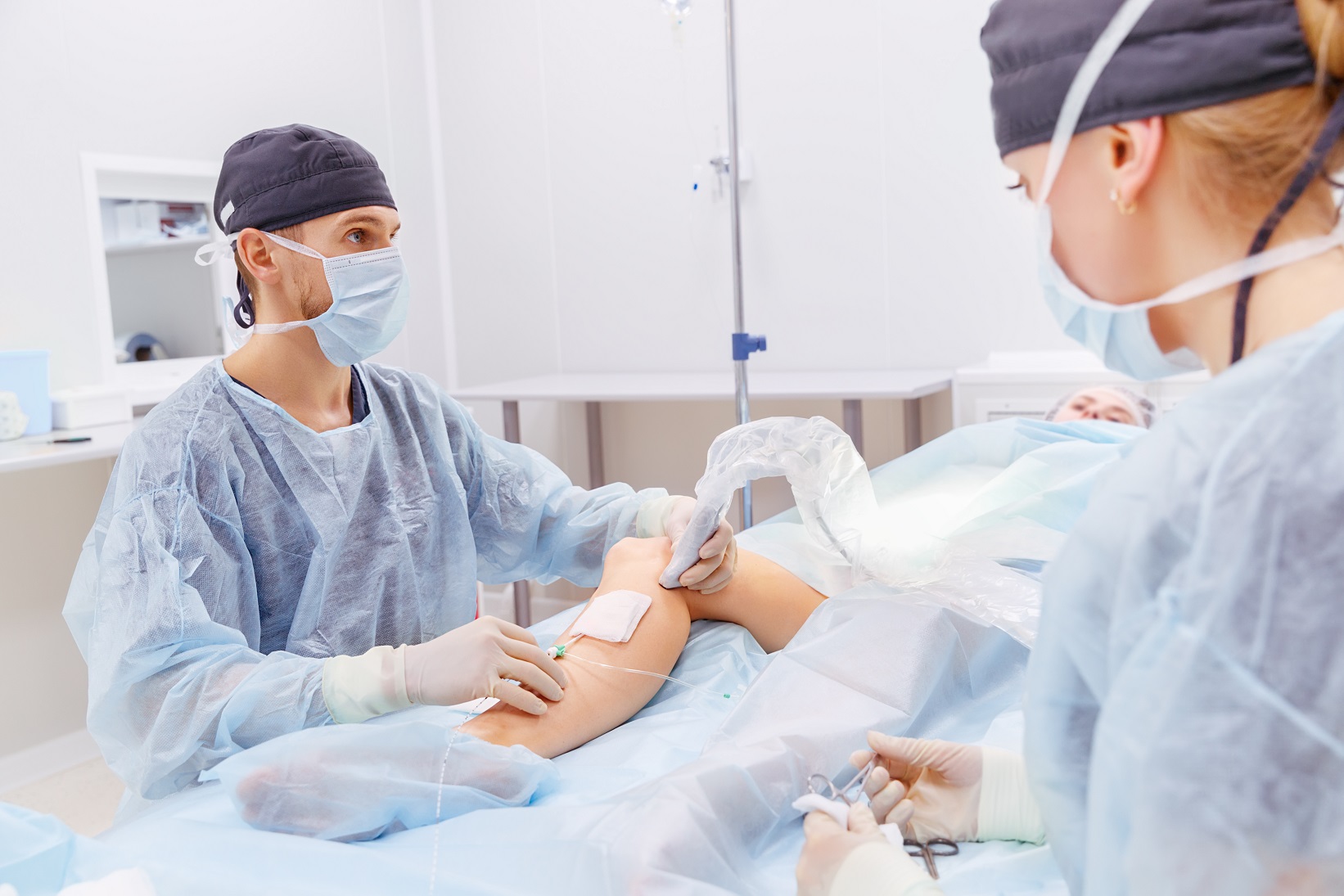Vascular Ultrasound Clinic
Vascular Ultrasound Clinic
Westmead Specialist Vascular Services is a state-of-the-art Doppler ultrasound clinic located in our suites next to Westmead Private Hospital as well as in our rooms at Norwest Private Hospital.
Ask your GP for a direct referral to our clinic which is open 8:00am-3.30pm Monday to Fridays.
All appointments can be made by calling 02 8622 1455.
Remember you do not need to see the vascular specialist first to have a vascular scan in our lab.
Your GP can refer to us directly and a GP referral to our Westmead, Norwest and The SAN labs can be printed here.
What conditions can I be screened for at the Ultrasound Clinic?
Our arterial studies are performed for carotid disease and peripheral arm and leg disease, aneurysms, fistulas and renal arterial scans.
We also perform a full range of DVT, pelvic vein and other vein studies as well as pressure studies – eg ABI (resting) or ABI (exercise), toe pressure and others.
What are the pros and cons of ultrasound for vascular conditions?
Ultrasound involves no radiation, no needles and no anaesthesia so it is considered to be a very low risk procedure.
It also does not use contrast dye which is known to damage kidneys.
Ultrasound is extremely useful in helping to identify blockages (stenosis), abnormalities like plaque or blood clots (DVT), narrowing of vessels and evaluating varicose veins.
Ultrasound can also be used to detect tumours and malformations and identify specific areas where there is reduced or greater than normal blood flow to specific areas, often caused by infection.
Vascular ultrasound is also a valuable tool in screening high risk patients and for the detection and ongoing monitoring of aneurysms.
It may also assist in monitoring patients who have undergone a bypass graft or stent and in assessing bowel and kidney disease and damage to the arteries of the major organs.
There are very few downsides to having an ultrasound procedure.
What is the difference between a normal ultrasound and vascular ultrasound?
Our clinic uses state-of-the-art Doppler ultrasound, which is a test to estimate the blood flow through the blood vessels using high-frequency sound waves that bounce off your body ’s circulating red blood cells.
A standard ultrasound can produce images of your veins and arteries but can’t show the speed or flow of blood like a Doppler ultrasound can.
This is particularly useful when doctors are trying to detect and monitor blood clots or poorly functioning valves.
What happens in a vascular ultrasound and how long does it take to complete?
In total, a vascular ultrasound takes about 30 minutes.
No special preparation or diet is needed for most ultrasounds, so medications can be taken as required, you may eat and drink as normal and arrive 10-20 minutes before your scan time.
Abdominal scans are the exception. If you are having an abdominal scan you will need to fast for 6 hours and people with diabetes may have a light breakfast at 6:00am with medications.
Do not wear jewellery, creams, perfumes or other gels for leg scans
During the procedure you will be asked to lie on a special table, and a non-toxic gel will be applied to the skin and a probe placed over the area to be examined.

